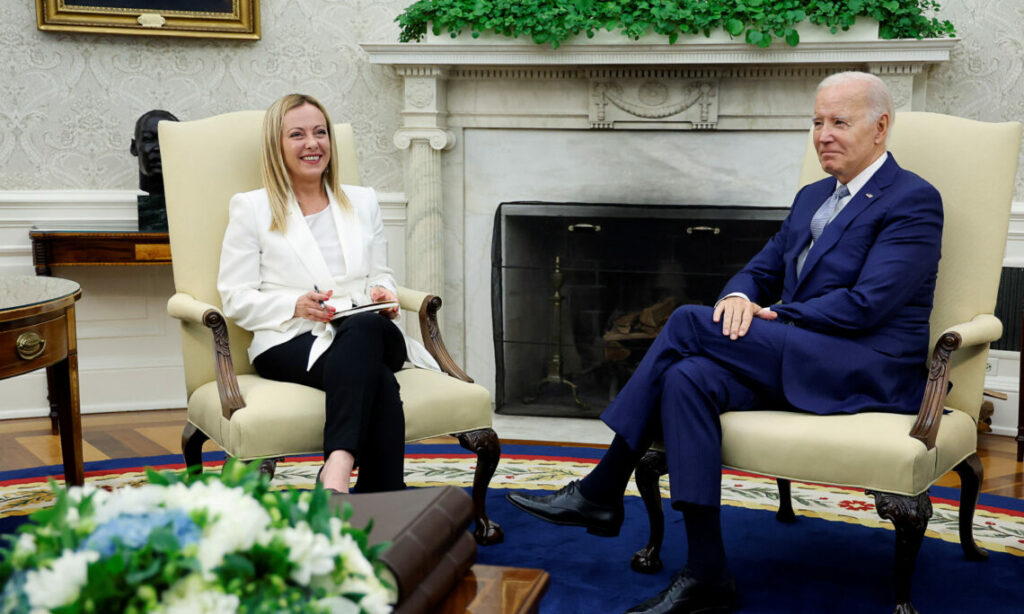Virendra Pandit
New Delhi: What many Asian countries sensed early, and acted swiftly, has now dawned upon Europe also: Italy, the only major European country to have joined the China-promoted financial trap called the Belt and Road Initiative (BRI), has admitted that joining the network was an “atrocious” decision.
Italy joined BRI in 2019 under its previous government, becoming the first G-7 country to join China’s global infrastructure program to the surprise of its allies in the West.
Now, its Defense Minister Guido Crosetto has said: “The choice to join the Silk Road was an improvised and wicked act, made by the government of Giuseppe Conte, which led to a double negative result. We exported a load of oranges to China, they tripled exports to Italy in three years.”
It was an “atrocious” decision when Italy joined the BRI four years ago as it did little to boost exports, Crosetto, who is part of a team considering how to break free from the agreement, the media quoted him as saying on Sunday.
Prime Minister Giorgia Meloni also said a decision will be taken by December 2023.
The BRI is a transcontinental, ultra-ambitious scheme that envisions rebuilding the old Silk Road to connect China with Asia, Europe, and beyond with nearly 200 large infrastructure projects with projected investments of around USD 250 billion, which its critics see as Beijing’s tool to spread its geopolitical and economic influence.
The BRI multiplied China’s exports to Italy but did not have the same effect on Italian exports to China, Crosetto told the Corriere della Sera newspaper.
Rome’s decision to enter the BRI did not really improve its trade deficit with China. Chinese exports to Italy increased 51 percent from 2019 to 2022, while China’s imports from the EU country rose only by 26 percent during the same years, according to Italy’s Trade Agency.
After a White House meeting with US President Joe Biden on Thursday last week, Italian Prime Minister Giorgia Meloni, who came to power in October 2022, said her government was deliberating on the BRI.
“We’ll take a decision before December,” the far-right leader supporting the West on Ukraine, told US broadcaster Fox News on Sunday, adding that the issue required discussions with the Chinese government and within the Italian parliament.
PM Meloni reiterated her view that it is a “paradox” that while Italy is part of the BRI, it is not the G-7 country with the biggest trade with China, and said that shows it is possible to have good relations with Beijing without the BRI.
In May, she said her country could enjoy good relations with China even without being part of Beijing’s controversial infrastructure initiative.
Crosetto’s comments are the first confirmation of Italy’s intention to leave the Chinese program.
Predictably, China is rattled about losing its only major European client of the BRI, which it has been showcasing to other prospective clients.
“Italy is miscalculating if it thinks it can obtain something from the US by sacrificing multilateral cooperation with China’s Belt and Road Initiative,” Beijing’s official mouthpiece Global Times said.
Chinese Ambassador to Italy Jia Guide said the MoU on cooperation within the framework of the BRI between China and Italy is a mutually beneficial and win-win document.
“After the MOU was signed, the strategic level of China-Italy relations was further enhanced, and Italy’s priority position in China’s foreign relations and the importance of China-Italy relations in the context of China-Europe relations were significantly elevated,” Jia said, adding that the practical cooperation in various fields has brought tangible benefits and positive effects for both nations and their people.

